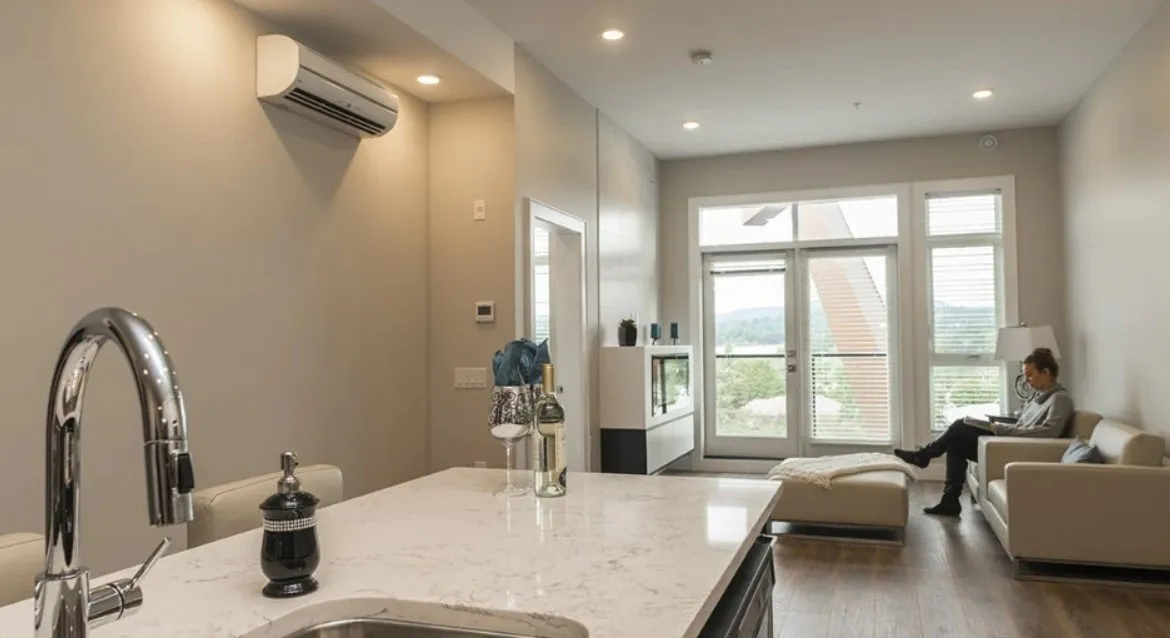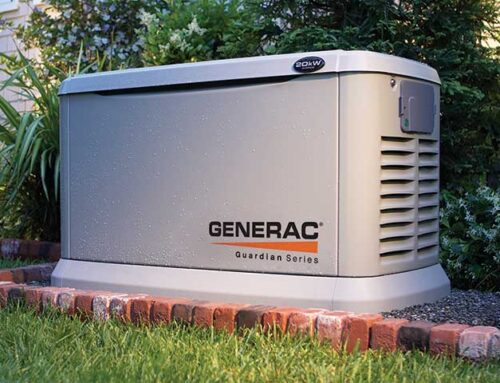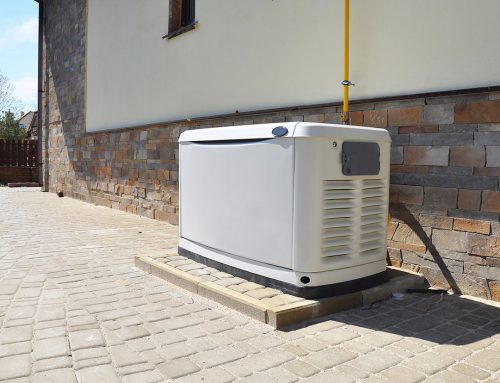
What Is a Mini-Split Heat Pump?
A mini-split heat pump uses a single outdoor unit and multiple indoor units to provide targeted heating, cooling or both. In the winter, it pulls heat from the outside air via refrigerant and then transfers it to heat the air inside. When in cooling mode, it transfers heat from inside the home and disperses it outside.
How Much Electricity Do Mini-Split Heat Pumps Use?
The amount of electricity used by mini-split heat pumps varies, but most systems use between 500 and 1500 watts per hour, with an average power draw of around 800 watts.
When compared with other types of HVAC systems, on average, you can expect:
- Central HVAC: 2,000 watts per hour
- Window AC unit: 900 watts per hour
- Electric furnace: 6,000 watts per hour
What Makes Mini-Split Systems Energy Efficient?
Mini-split heat pumps are an energy-efficient solution and are considered one of the greenest temperature control methods available because:
- They don’t burn fuel. Unlike most traditional furnaces, heat pumps don’t burn fuel to generate heat.
- They only use energy to heat a space when you need it. Unlike traditional HVAC systems that heat and cool all the rooms in a home, mini-split heat pumps allow you to target heating and cooling in the rooms where you’re living, offering a more energy-efficient method than whole-home systems.
- Mini-splits are ductless. This makes them more efficient than traditional HVAC systems since there is no risk of loss of energy through leaky ductwork.
- They offer precise temperature control. Mini-splits allow you to adjust the temperature in individual zones, allowing for greater control of the overall climate of your home. The targeted heating or cooling you get through your heat pump requires less energy overall.
- Multi-zones offer flexibility. Central air heating or cooling and zoned mini-split heat pumps can work together. Just because you don’t use your spare bedroom doesn’t mean you have to keep it freezing cold during a Maine winter. Supplementing an HVAC system with zoned heat pumps allows you to control your energy use precisely.
- They are convenient. Unlike wood or pellet stoves, you can leave a heat pump on while you’re away.
- They are simple. You’ll save time and money on repair costs. Heat pumps are easy to maintain and generally don’t require a lot of maintenance.
Factors Affecting the Electricity Usage of a Mini-Split Heat Pump
- Size of the unit: The size of the mini-split heat pump is a key factor in determining how much electricity it will use.
- Insulation: Proper insulation can reduce the amount of energy needed to heat or cool your home, thus reducing the overall electricity used by the heat pump.
- Usage habits: How often you run your mini-split system and for how long each time affects the electrical usage. Running it continuously uses less energy than frequently turning it on and off for shorter periods.
- Temperature settings: Setting the thermostat higher during summer months and lower during winter months will minimize overall energy use.
Learn More About Mini-Split Heat Pumps in Bangor
Our team at Valley Home Services recommends heat pumps not only for the energy-efficient heating and cooling features, but also because Mainers may qualify for rebates and other incentives that can defray the cost of installing mini-split heat pumps.
If you’re interested in an energy-efficient heating or cooling solution for your Maine home, contact Valley Home Services at (800) 316-7815.







